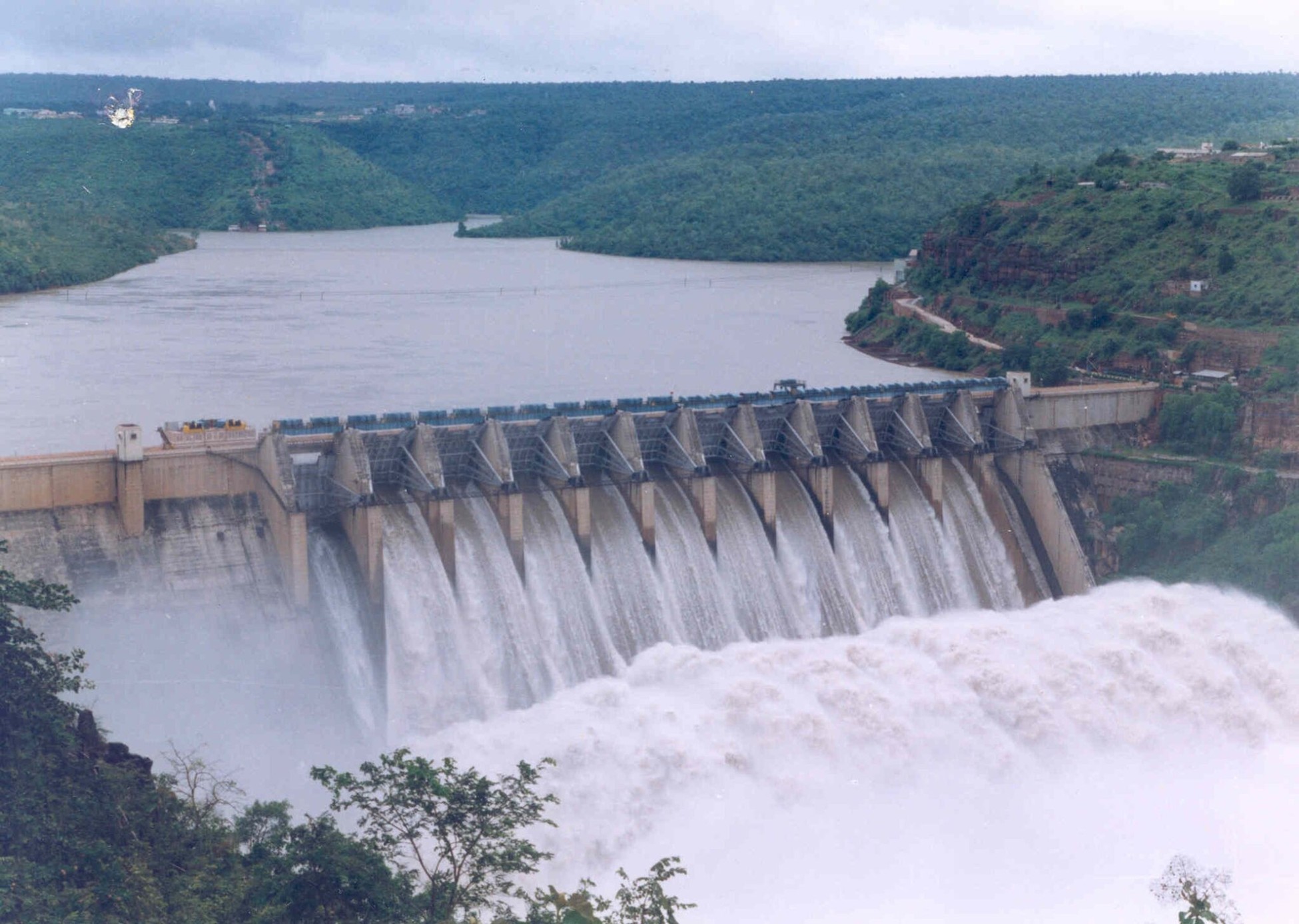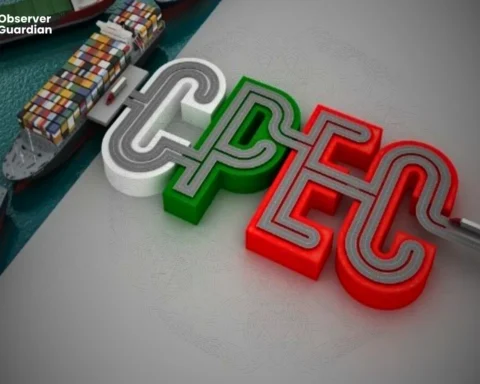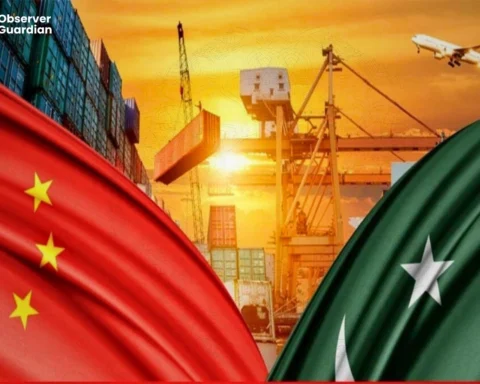The Indus Waters Treaty (IWT), executed in 1960 using the World Bank as an intermediary, has consistently exemplified bilateral collaboration between Pakistan and India, despite periods of conflict and animosity. This treaty delineates the Indus River system’s waters, assigning the eastern rivers, Sutlej, Beas, and Ravi, to India, while conferring rights to Pakistan for the western rivers, Indus, Jhelum, and Chenab. For more than sixty years, the IWT functioned not only as a water-sharing agreement but also as a crucial safeguard against rising tensions. India’s unilateral suspension of the treaty in April 2025 is a significant disruption to regional stability. India has initiated a multilayered aggression, legal, environmental, and humanitarian, against Pakistan by weaponizing water in violation of international law.
The unilateral cessation of the IWT is legally untenable. The treaty has no provision allowing unilateral withdrawal or abrogation by either side. The treaty is a binding international agreement, and according to the Vienna Convention on the Law of Treaties, state accords cannot be unilaterally terminated without due process. India’s rationale that its decision arises from Pakistan’s purported assistance for terrorism is a strategic exploitation of global counterterrorism dialogue, utilized to obscure a clear violation of international water law. This establishes a dangerous precedent.
If dominant upstream nations are permitted to suspend or alter water-sharing agreements on the pretext of political disputes, the entire structure of global water governance will deteriorate.
The stakes for Pakistan are existential. As a lower riparian state, Pakistan is wholly reliant on the waters of the Indus Basin. Over 90% of agricultural operations depend on irrigation from this system, which consequently underpins more than 25% of the national GDP and sustains millions of livelihoods. Any interruption in water flows, particularly during essential agricultural periods, can result in catastrophic outcomes: food insecurity, economic turmoil, and widespread migration. Pakistan, already contending with climate change, diminishing water tables, and unpredictable rainfall, cannot tolerate an upstream aggressor intentionally altering water flows. India’s hydroelectric initiatives, especially on the Kishenganga and Ratle rivers, have historically been contentious due to their capacity to modify natural river trajectories and limit downstream accessibility. These problems are not theoretical; they are corroborated by engineering analyses and legal challenges presented at international venues.
India’s actions not only contravene the letter of the pact but also undermine its spirit. The IWT established the Permanent Indus Commission (PIC) to promote collaboration, data sharing, and conflict resolution. India has systematically weakened this process by suspending yearly meetings, denying data-sharing, and opposing arbitration. Pakistan has persistently endeavored to resolve disputes through legal and diplomatic avenues, presenting instances to impartial experts and international tribunals.
India’s reluctance to participate in earnest conversation or accept third-party arbitration highlights a wider strategy: circumventing legal remedies in favor of coercive measures.
The environmental repercussions of India’s water aggression are immense. Pakistan ranks among the most water-stressed countries globally, with per capita water availability nearing crisis levels. Interruption of water flows from the Indus Basin may lead the nation to an irreversible ecological catastrophe. Aquifers would further decline, soil salinity would escalate, and diminished riverine flow would annihilate biodiversity in the Indus Delta, a UNESCO-recognized natural reserve. The agricultural sector would implode under strain, rural economies would fragment, and mass migration might destabilize already precarious metropolitan areas. These are not remote dangers; they are imminent realities if India’s suspension of the treaty continues.
India’s use of terrorism to rationalize water diversion is a significant combination of security concerns with humanitarian obligations. This story must be vigorously contested. Water is a natural resource and a universal human right, not an instrument of warfare. Connecting water availability to political concessions or security demands is not only ethically deficient but also inherently disruptive. It indicates a transition from diplomatic discussion to strategic coercion, a trend that jeopardizes the entire South Asian area with conflict.
The Pakistani National Security Committee’s assertion that water diversion represents an act of war underscores the seriousness of the threat.
The global community must not remain passive. The World Bank, as the guarantor of the IWT, is obligated to act promptly. The United Nations must hold India accountable and insist on adherence to treaty obligations. International water law stipulates that the equitable and appropriate utilization of transboundary watercourses is a legal norm rather than a discretionary privilege. India’s actions violate both this standard and its international obligations. Global powers, especially those committed to South Asian stability, must exert diplomatic, legal, and economic measures to induce India to reinstate the IWT.
Furthermore, civic society, environmental organizations, and regional think tanks must enhance the ecological aspect of this dilemma. Climate change has already rendered South Asia a water-sensitive region. Any disturbance in river systems will intensify resource shortages, heighten ethnic and regional tensions, and escalate geopolitical rivalry.
Collaboration, rather than compulsion, is the sole feasible trajectory ahead. Water should be protected as a means of fostering peace, rather than used as a tool for geopolitical supremacy.
Pakistan’s dedication to peace and mediation should be acknowledged and praised. Throughout the treaty’s existence, Pakistan has consistently adhered to its obligations, even during the most tumultuous periods of bilateral ties. The present stance, a request for the reactivation of the Permanent Indus Commission, reinstatement of data-sharing, and reengagement in impartial arbitration, exhibits caution, accountability, and a sincere commitment to a durable conclusion. Conversely, India’s neglect of discussion and unilateralism reveals a concerning trend of authoritarian water nationalism.
In summary, India’s water aggression poses a significant threat to regional stability, international law, and environmental sustainability. The unilateral abrogation of the Indus Waters Treaty transcends a bilateral concern; it serves as a litmus test for the global community’s dedication to justice, legal principles, and environmental responsibility. The legal, moral, and ecological arguments of Pakistan are unequivocal. The IWT must be maintained, not alone to prevent a humanitarian crisis in Pakistan but also to safeguard the integrity of international agreements and avert a perilous precedent. Water should unify rather than segregate. The world must act now to prevent this covert aggression from escalating into an irreversible regional catastrophe.







